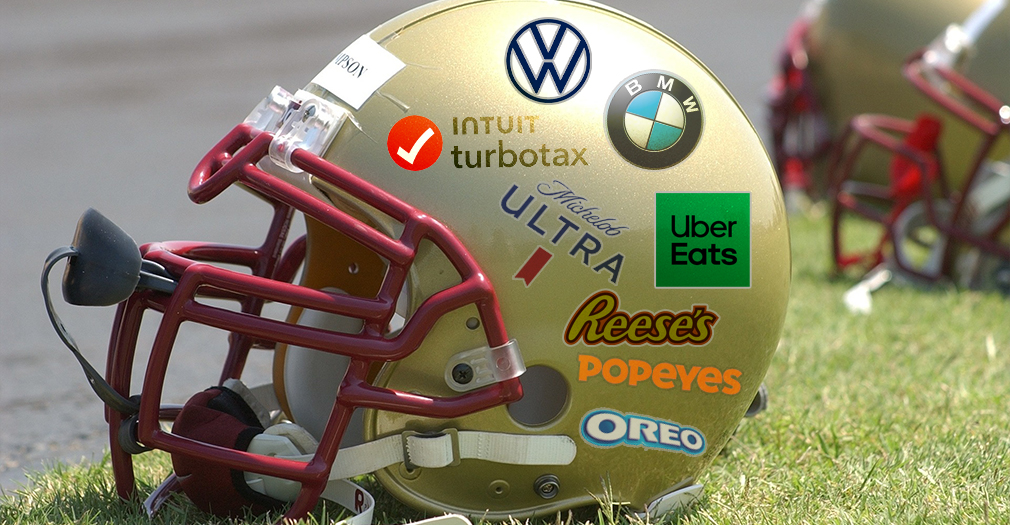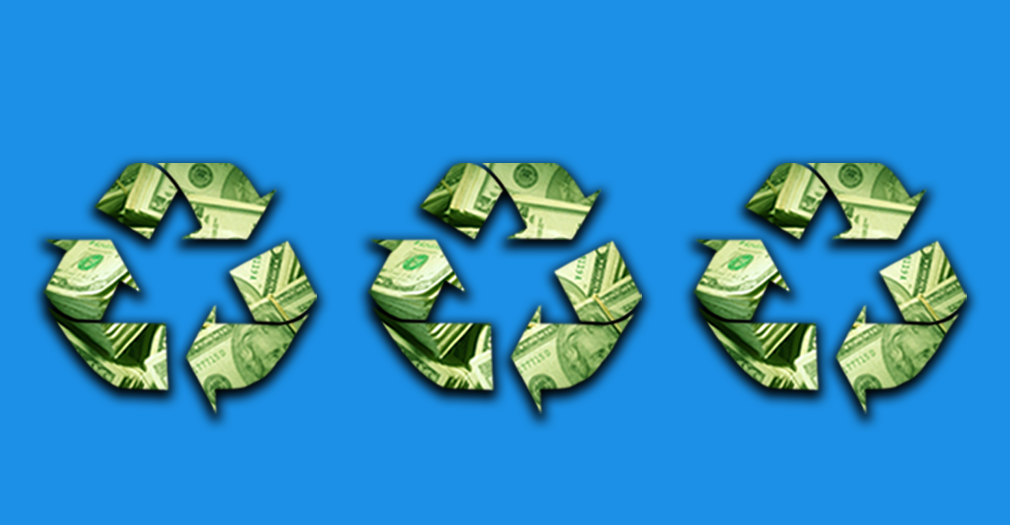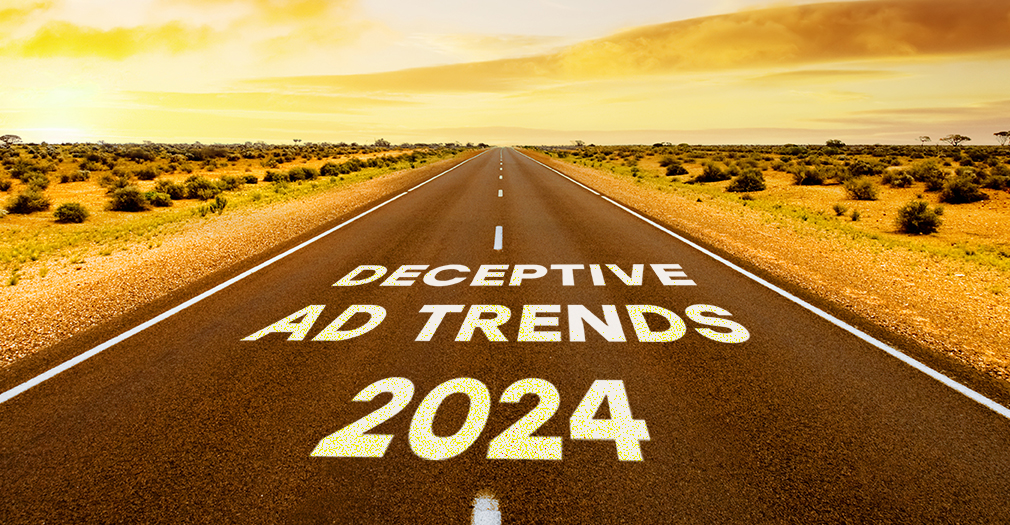
These Super Bowl LVIII Advertisers Have Been Taken to Court for Deceptive Marketing
Several of this year’s Super Bowl advertisers have run into legal trouble for alleged deceptive marketing.
Recyclable claims for products that aren't actually being recycled need to stop.
A workshop on recyclable claims hosted by the FTC in May made clear that, for many products marketed as recyclable, the recycling bin is just one stop on the way to the landfill.
This point wasn’t even disputed by a speaker from the plastics industry, which, along with companies that use plastics in their “recyclable” products, has taken the position that as long as a product is recyclable in theory, it’s appropriate to market the product as recyclable, even if it’s ultimately not recycled.
But as TINA.org wrote in a comment filed today with the FTC in response to its request for public comments on the workshop, this “recyclable in theory” argument does not align with how consumers interpret recyclable claims or with the FTC’s Green Guides, which are currently under review.
Most consumers believe that “recyclable” means a product will be recycled most of the time. And the FTC’s Green Guides are clear that products marketed as recyclable must remain in the supply chain, stating:
A product or package should not be marketed as recyclable unless it can be collected, separated, or otherwise recovered from the waste stream through an established recycling program for reuse or use in manufacturing or assembling another item.
Yet this is not the reality for many products marketed as recyclable, in addition to those bearing the “chasing arrows” symbol, which the vast majority of consumers misinterpret as a universal recycling symbol.
For example, Coca-Cola has taken the position that “no reasonable consumer would understand ‘100% recyclable’ to mean that the entire product will always be recycled.” Similarly, 7-Eleven has stated that “recyclable” simply means “capable of being recycled” as opposed to actually being recycled. And Keurig has argued that its pods are recyclable despite the fact that they are too small for the vast majority of recycling centers to recycle. These positions simply do not comport with consumers’ understandings.
What can and cannot be recycled varies from community to community but most types of plastic packaging are economically impractical for recycling facilities to recycle. As one speaker noted at the FTC workshop, recycling is a business and there simply isn’t much of a market for several types of plastic packaging, specifically those with resin identification codes 3, 4, 6 or 7. So when recycling facilities receive these items, they send them to the landfill. That’s an extra trip that causes further harm to the environment, the exact opposite of what many consumers are setting out to do by purchasing products marketed as recyclable.
But the burden of navigating and understanding the complicated recycling landscape should not fall on consumers. Rather, it should be the responsibility of companies to ensure their recyclable claims are not misleading or deceptive. And companies that exploit consumer preference for eco-friendly products should face stiff penalties.
To that end, TINA.org is urging the FTC to undertake a rulemaking that would allow the agency to seek immediate monetary penalties for violations, in addition to making sure marketers know that “recyclable in theory” isn’t what recyclable means.
Read TINA.org’s full comment here.
Find more of our coverage on greenwashing here.
Several of this year’s Super Bowl advertisers have run into legal trouble for alleged deceptive marketing.
Five deceptive ad trends to be wary of this year.
Class-action settlements that left consumers behind this year.


